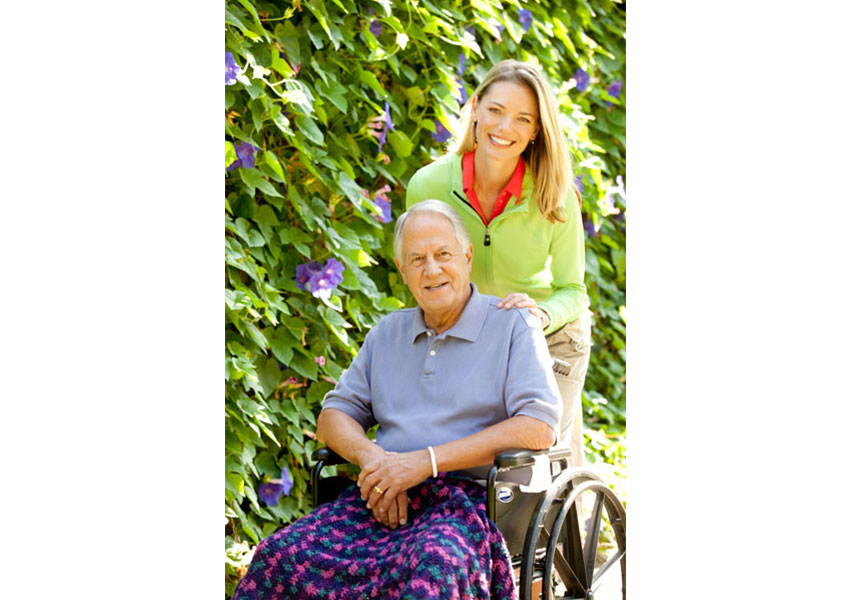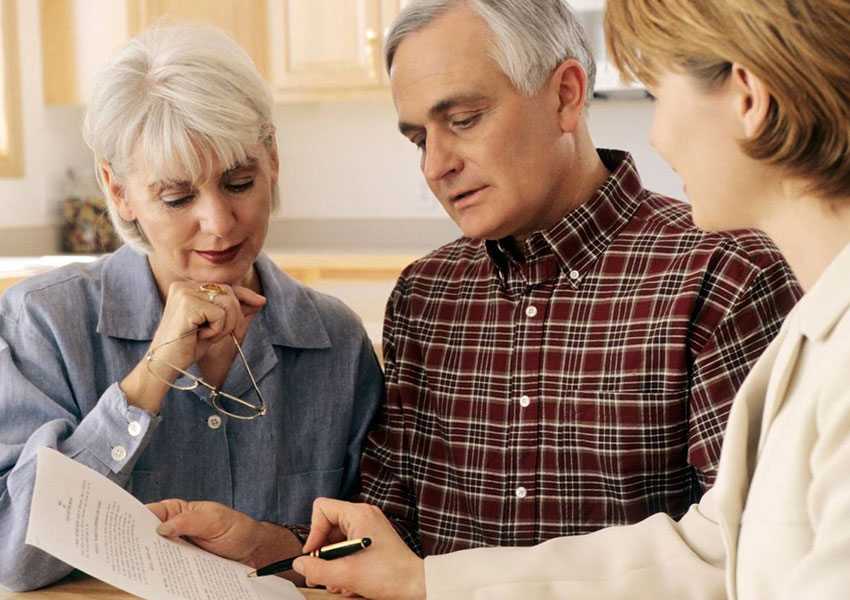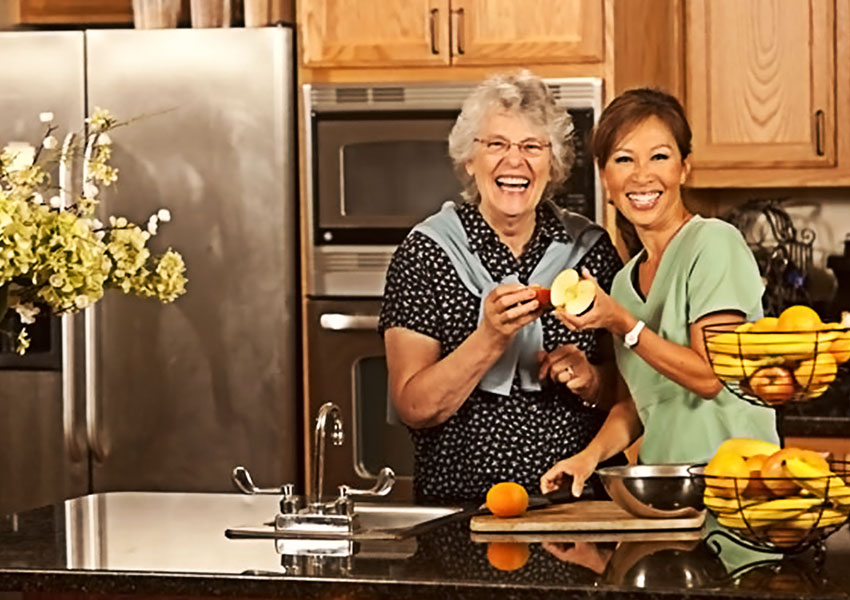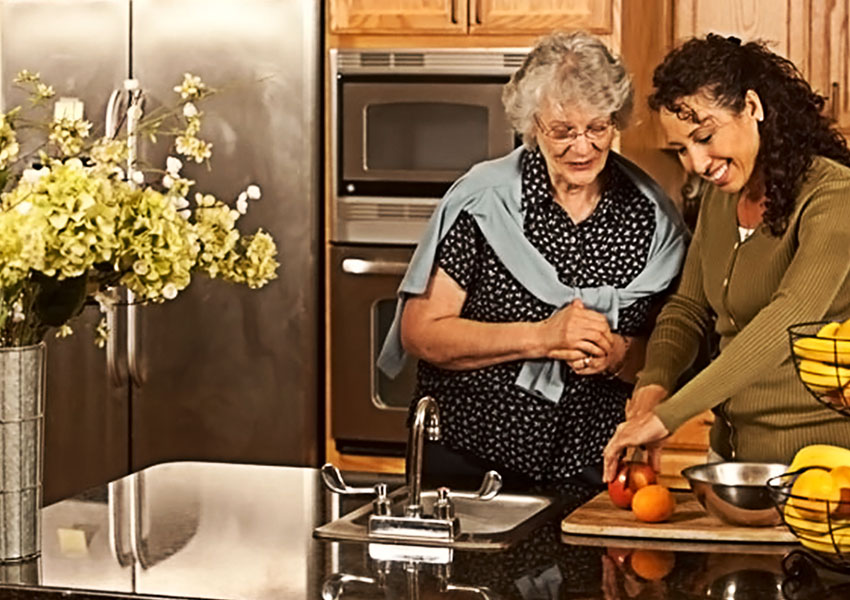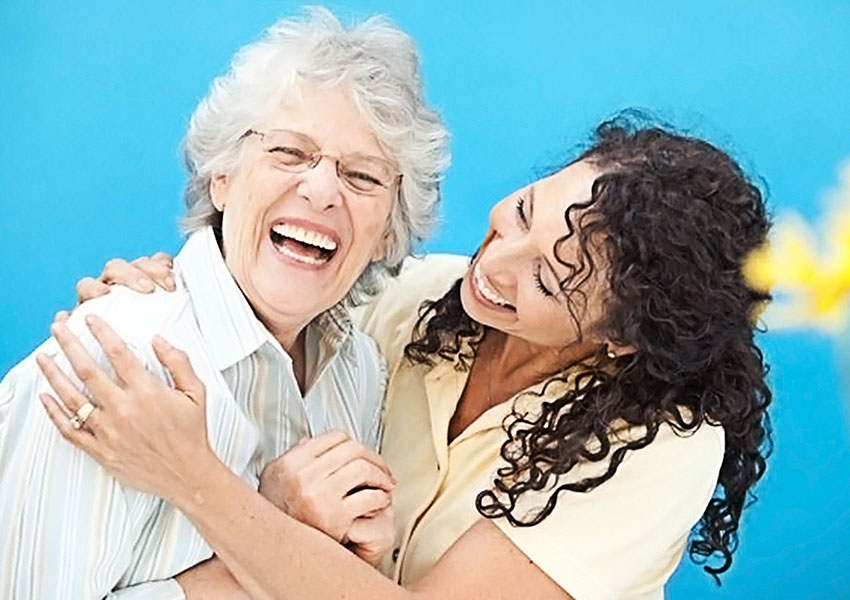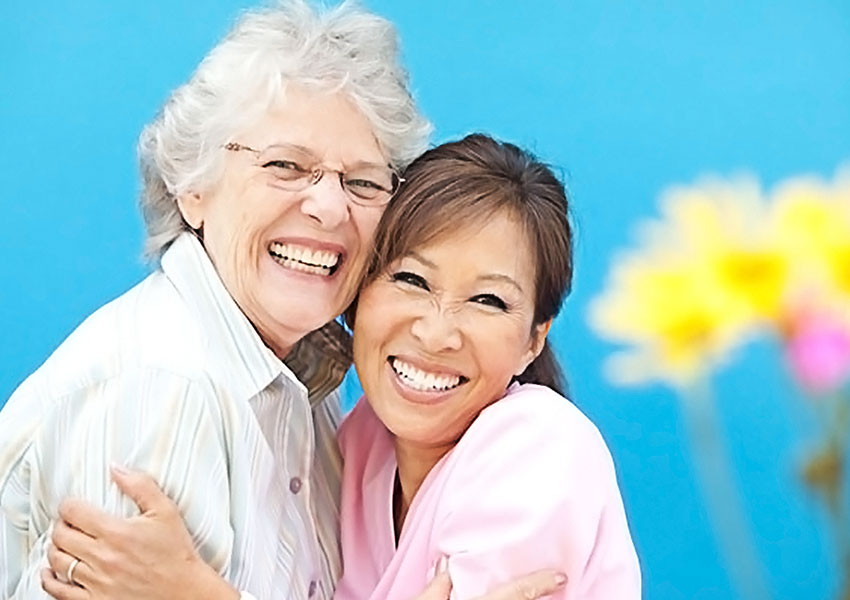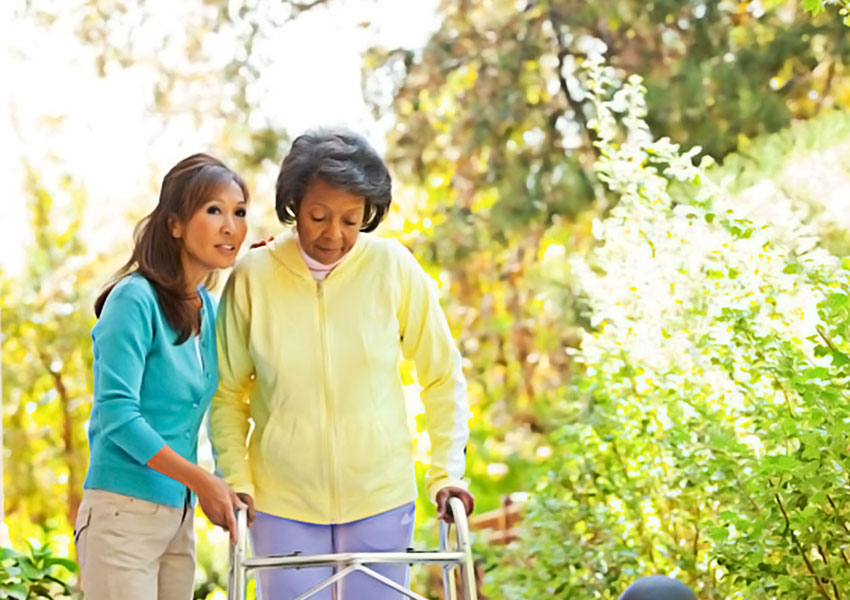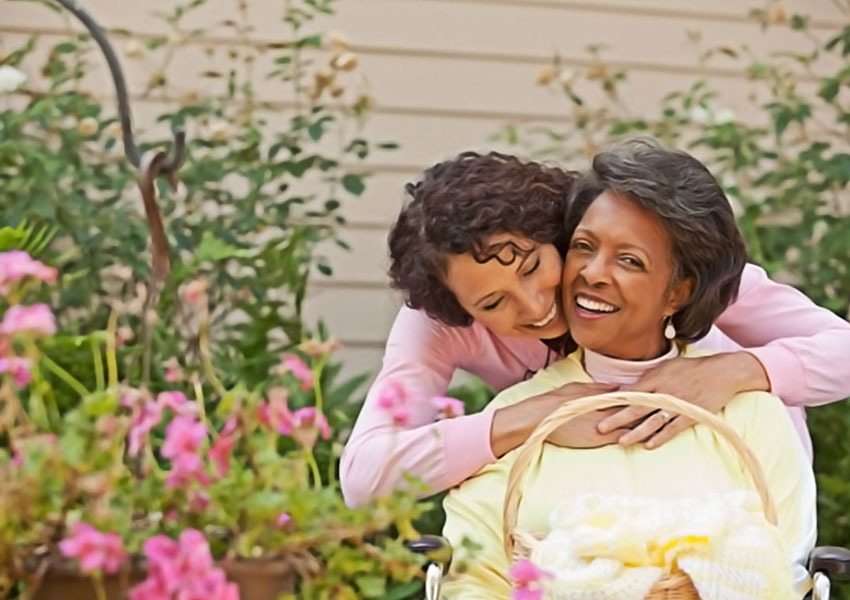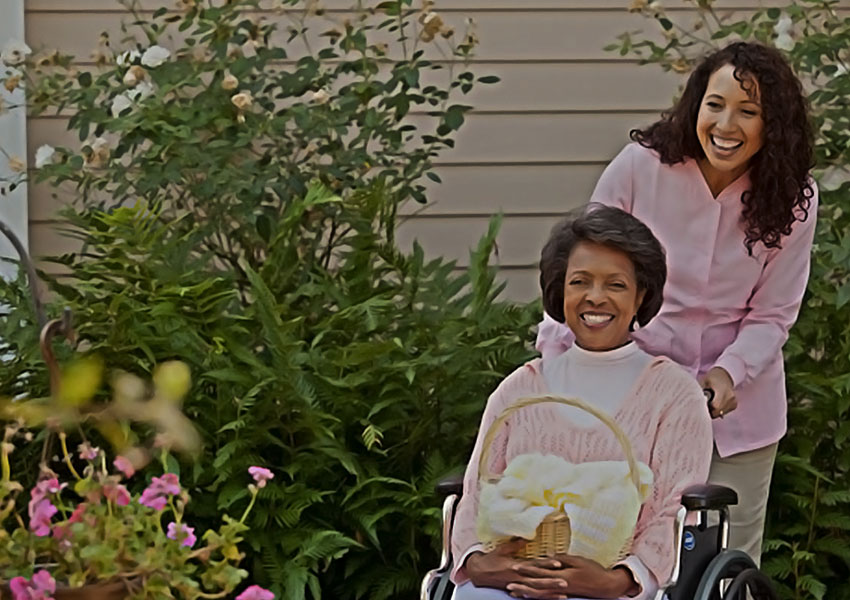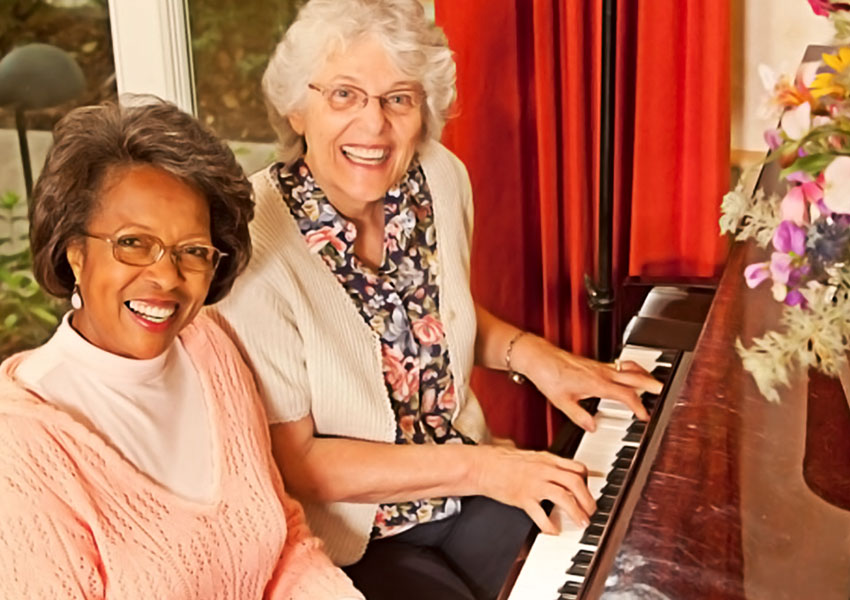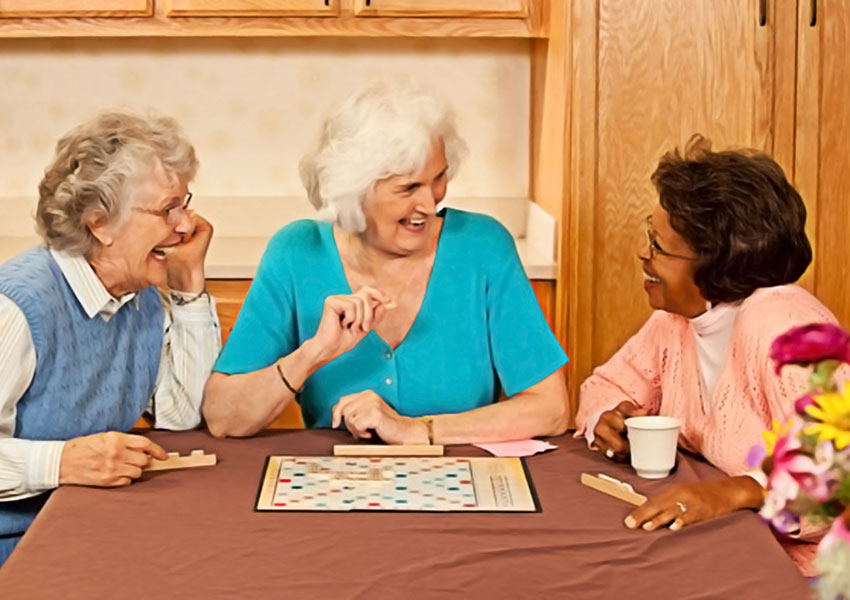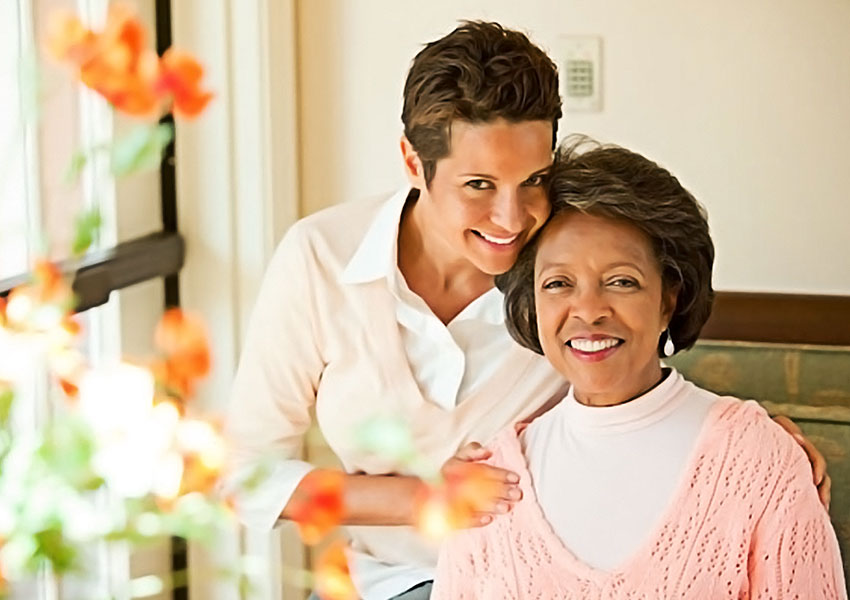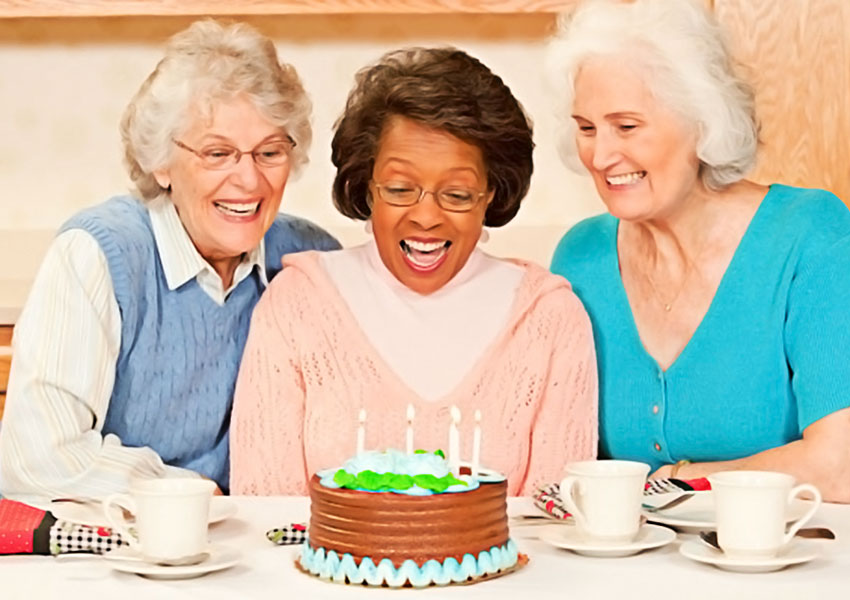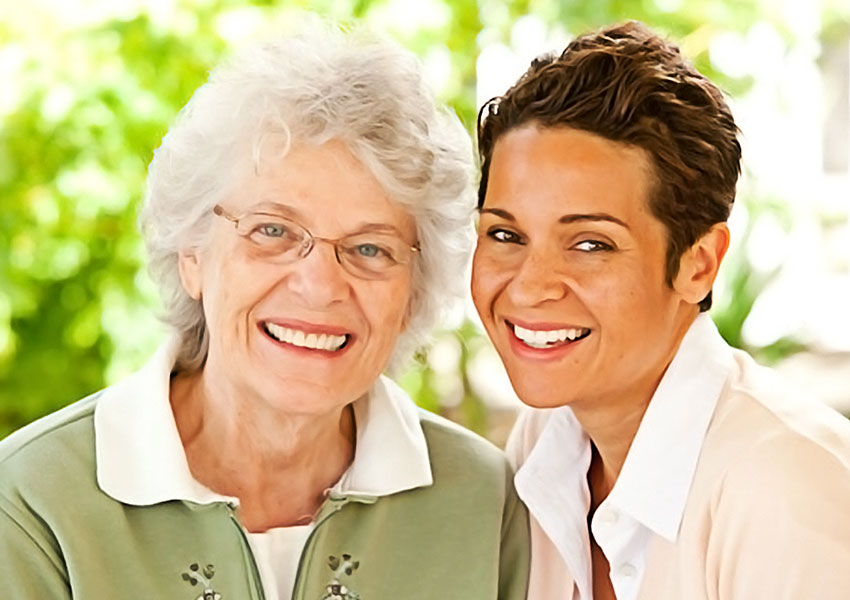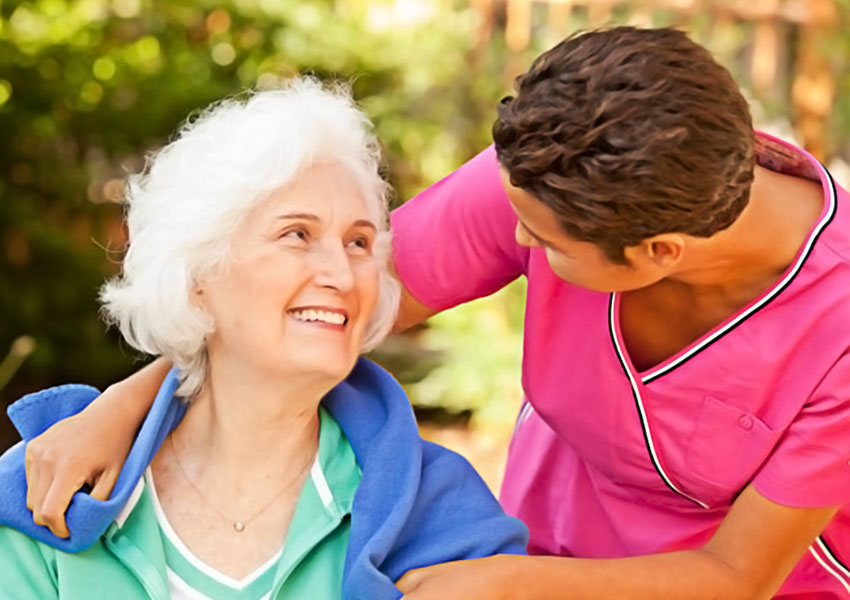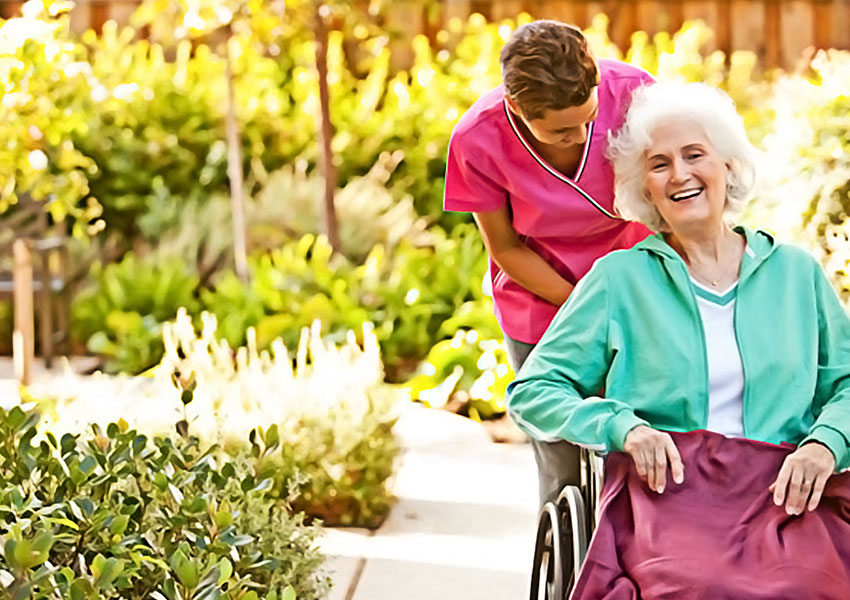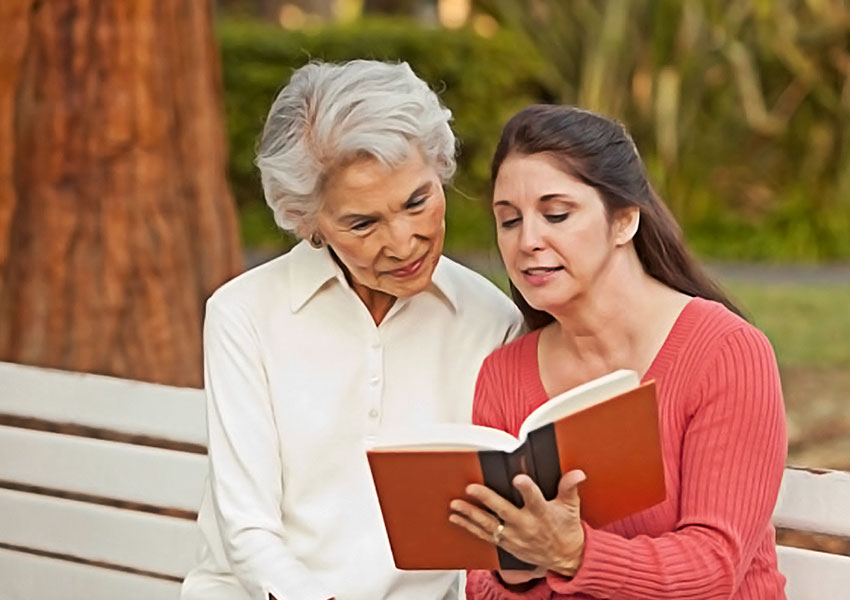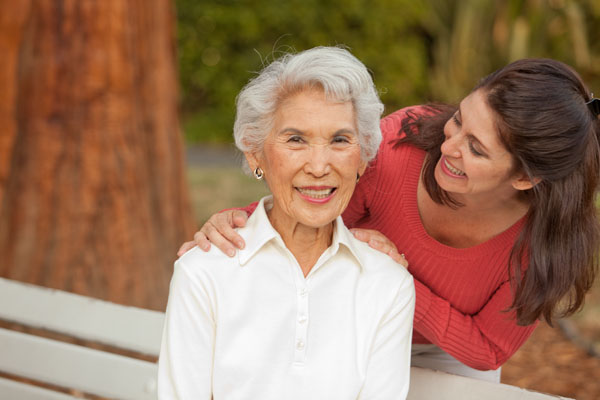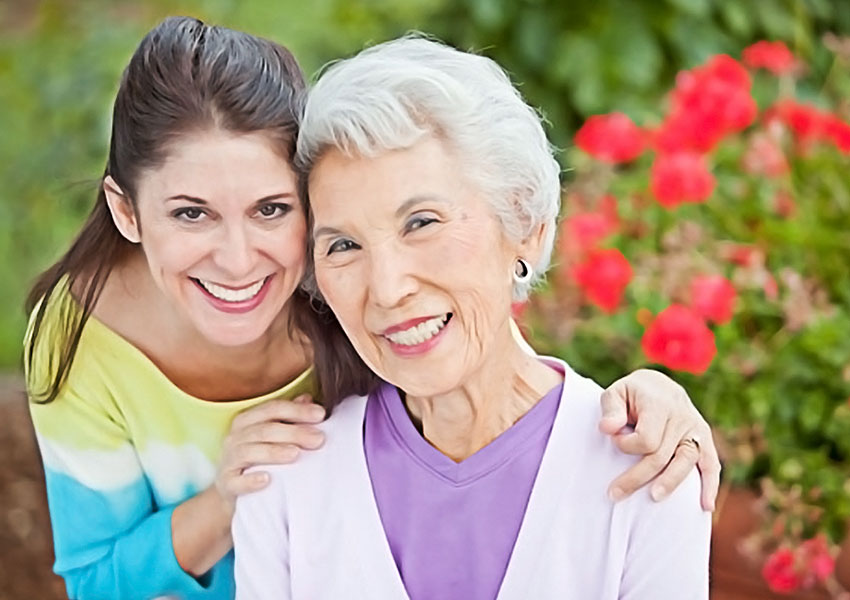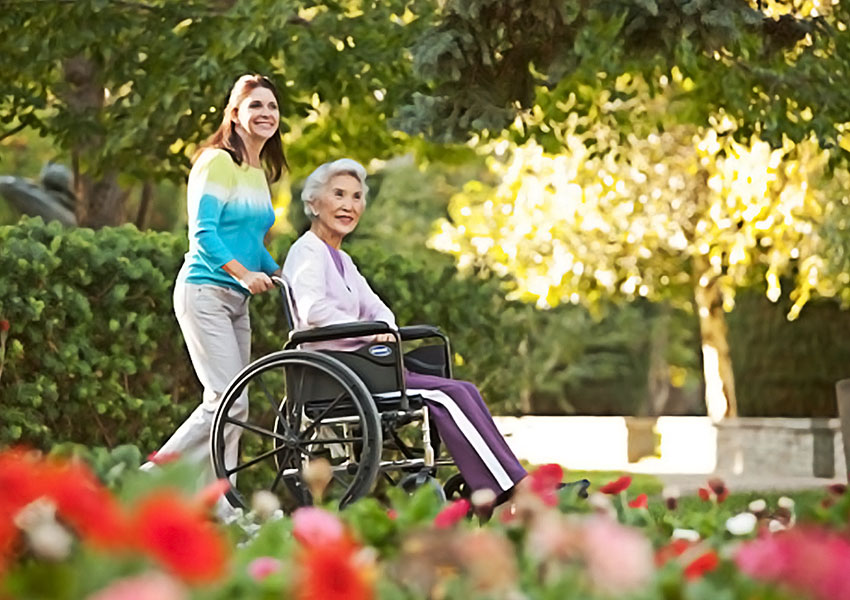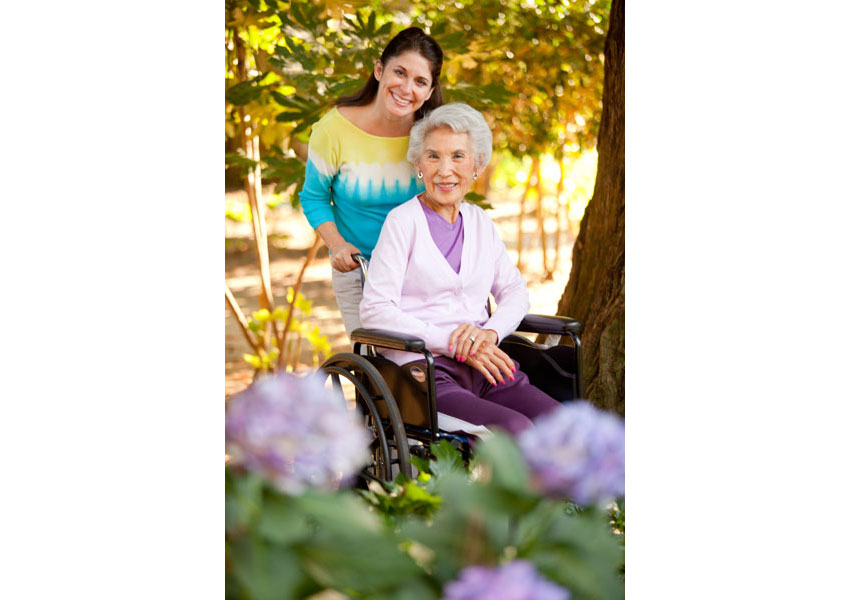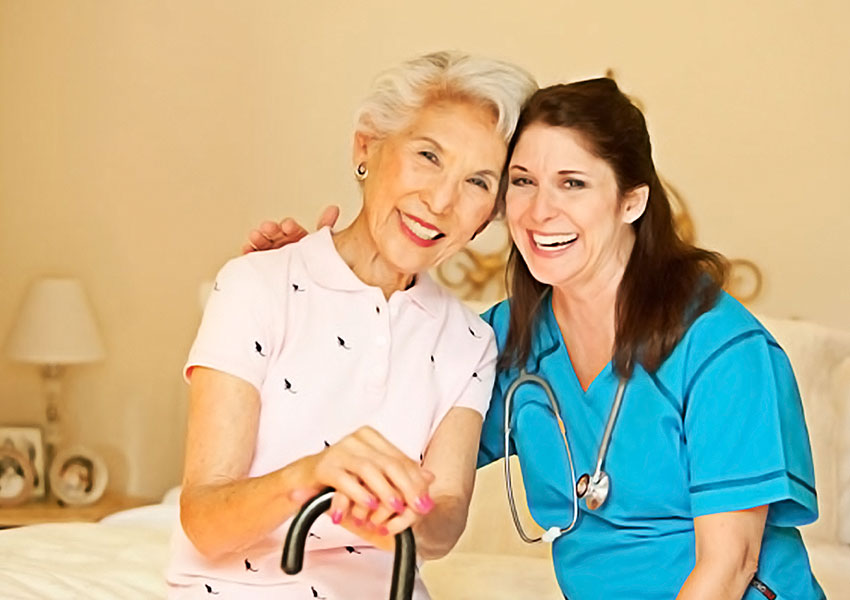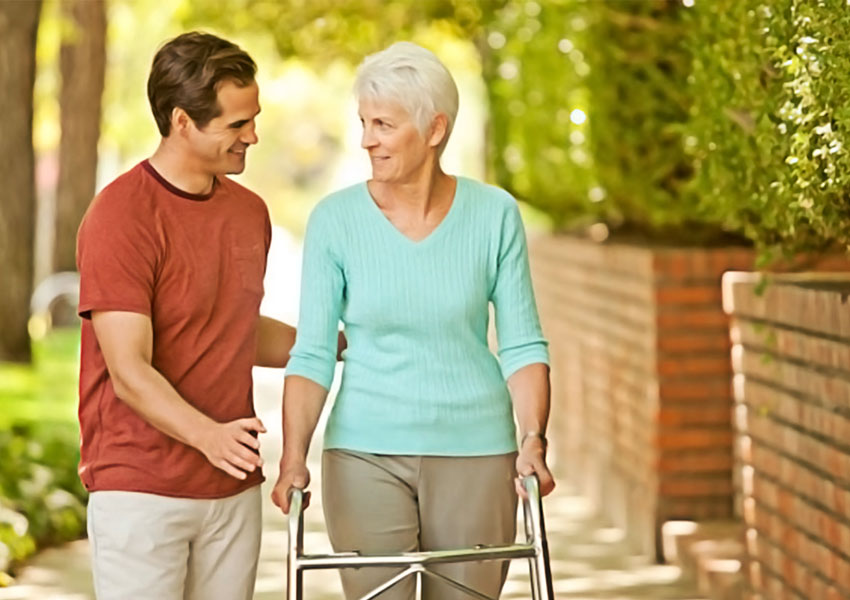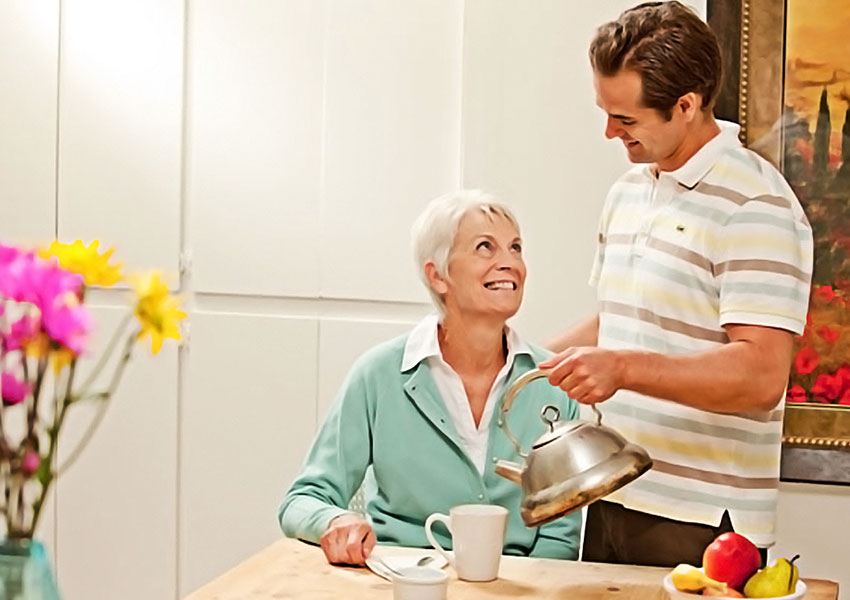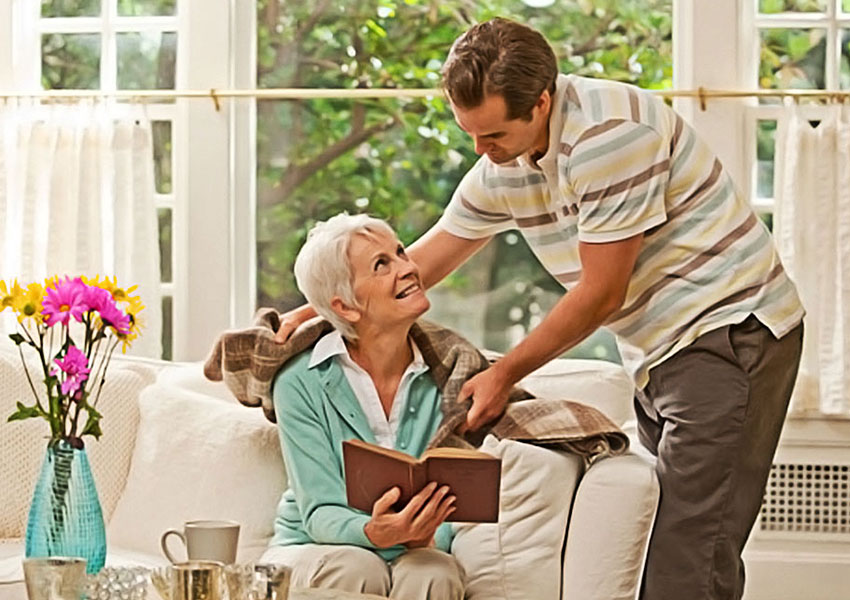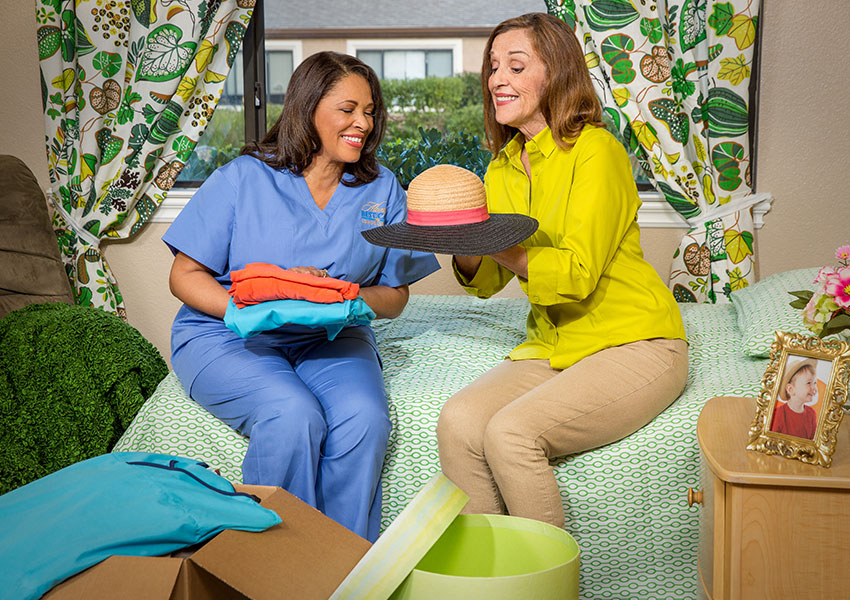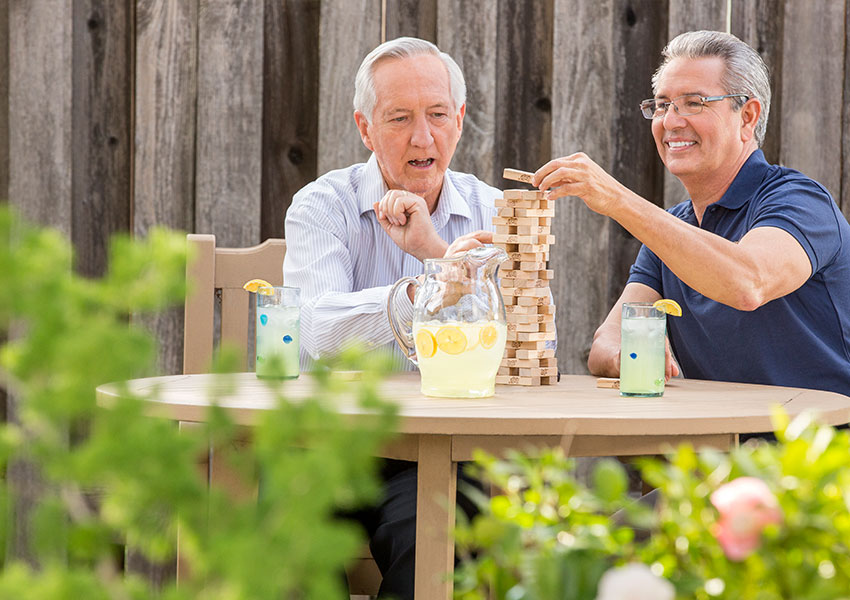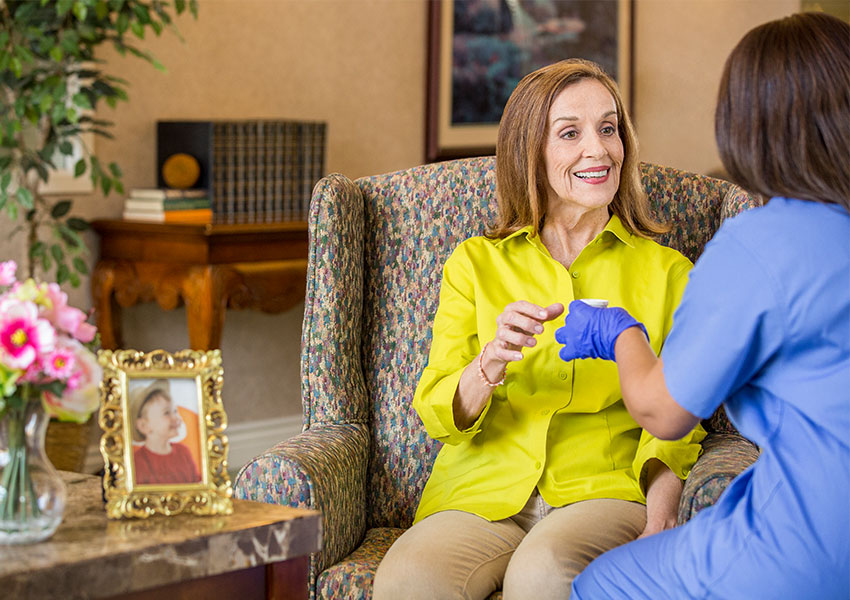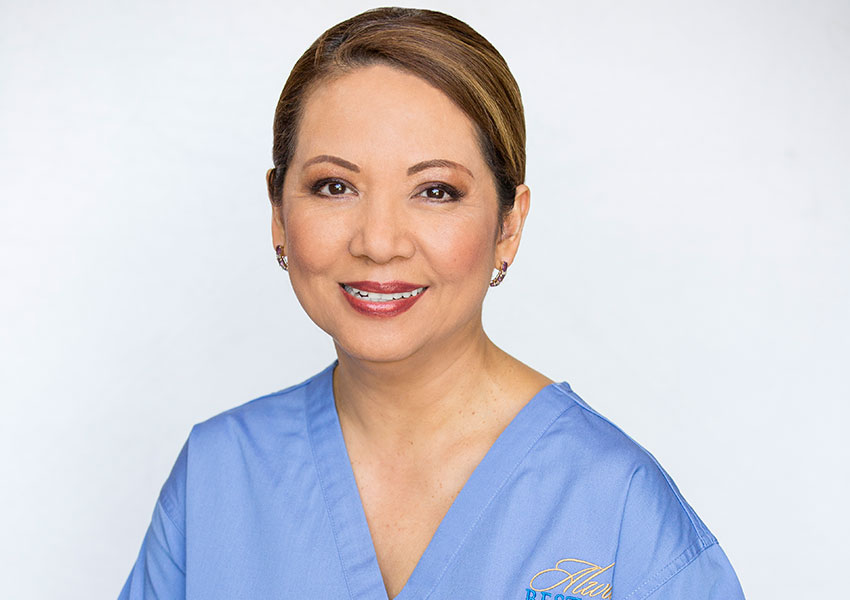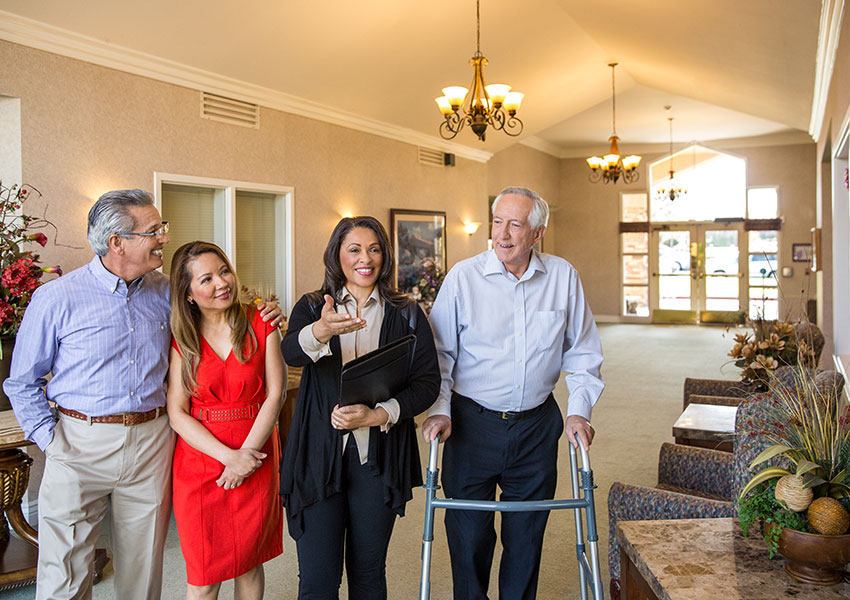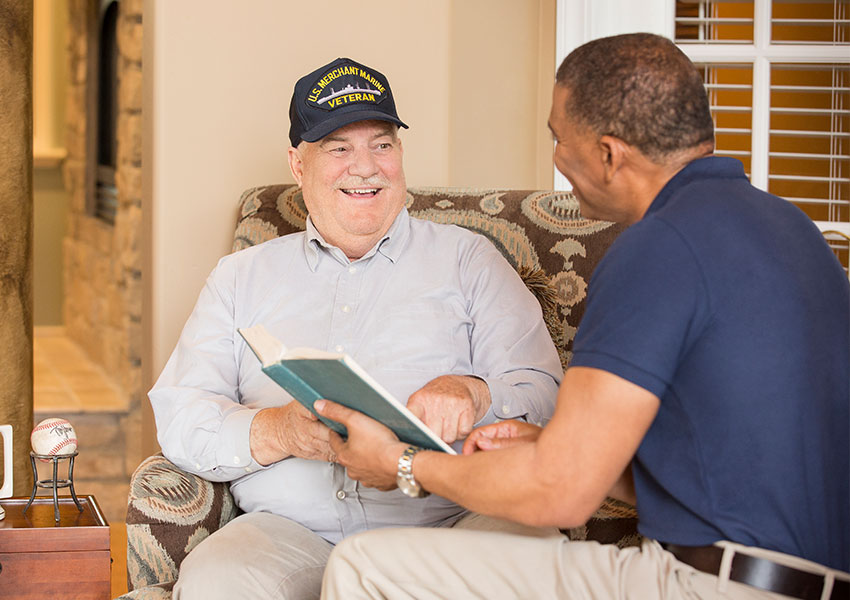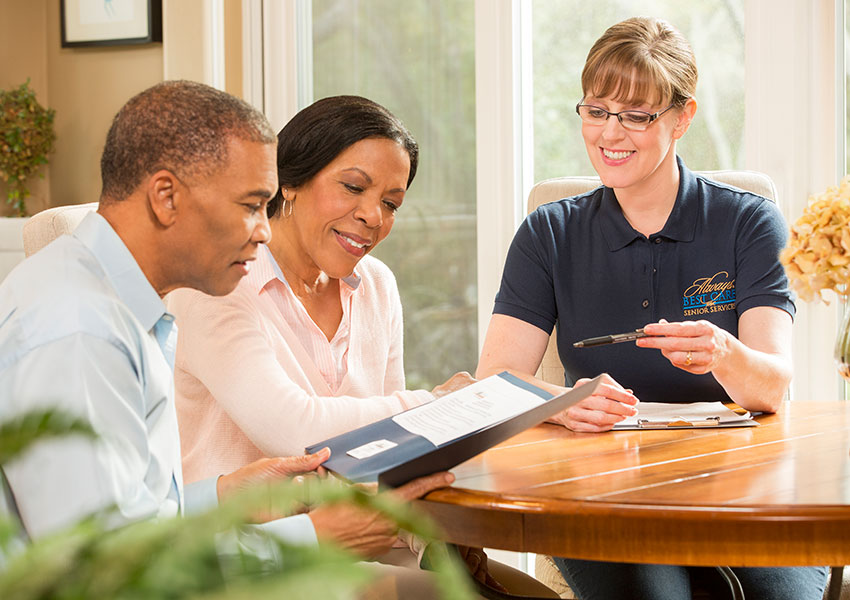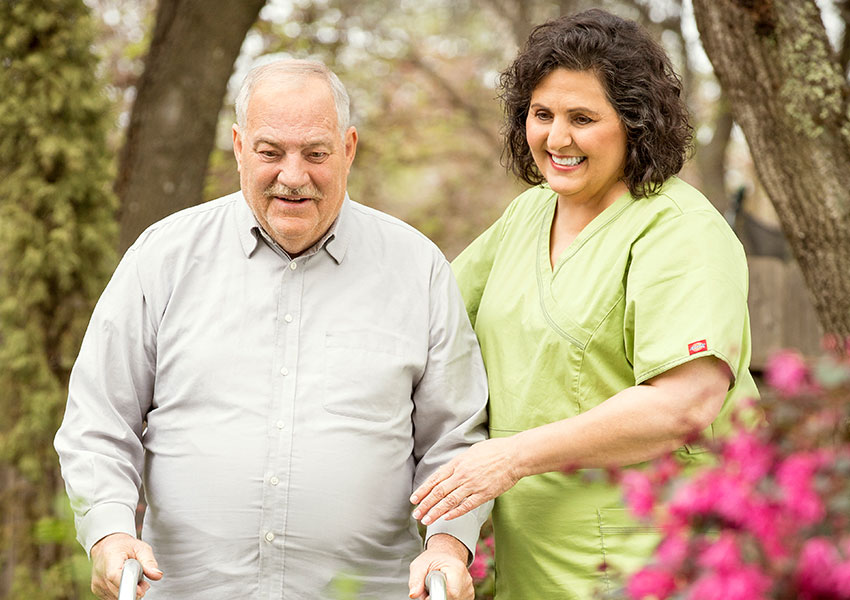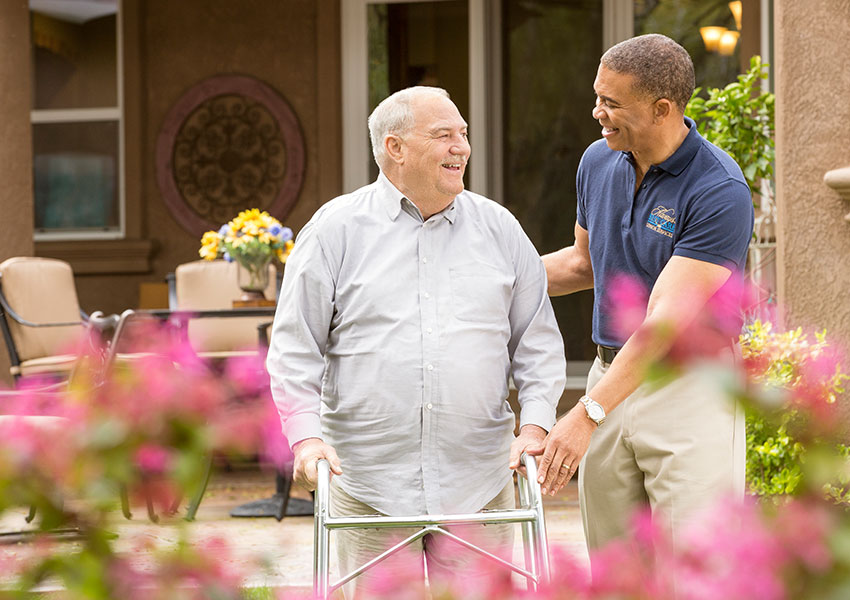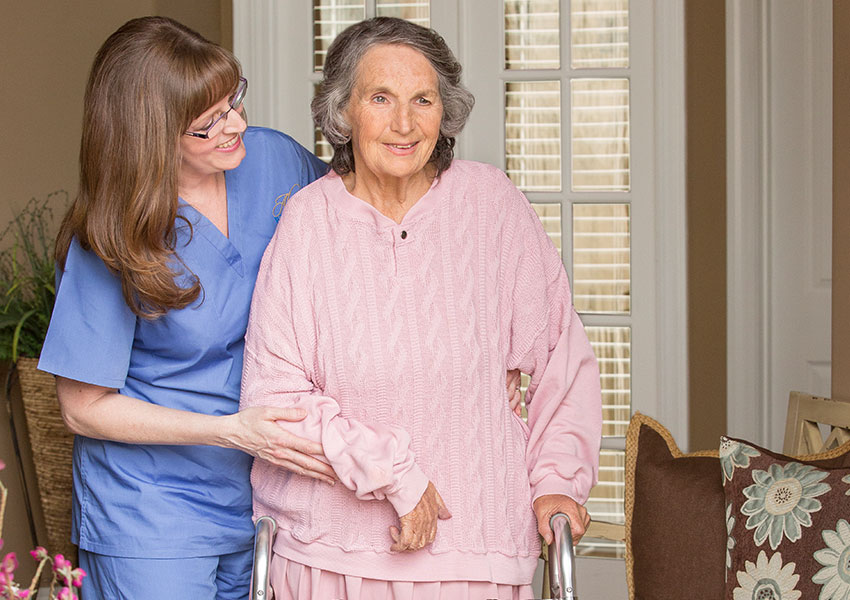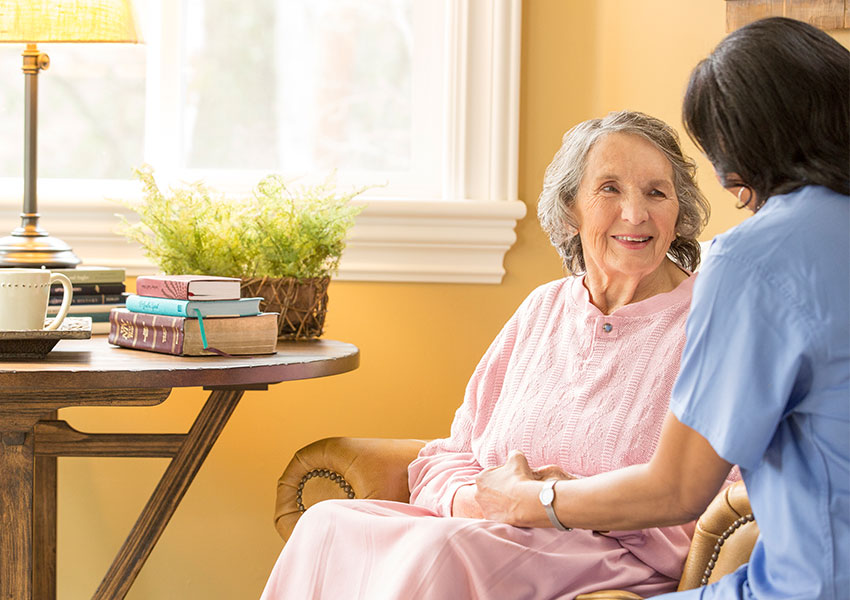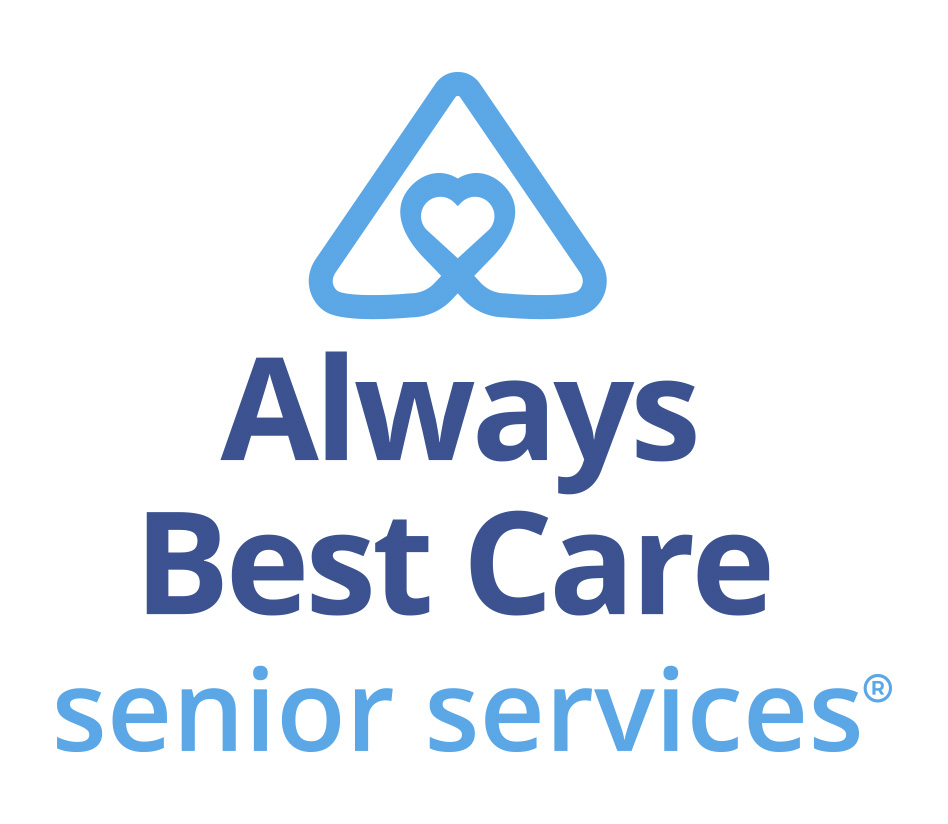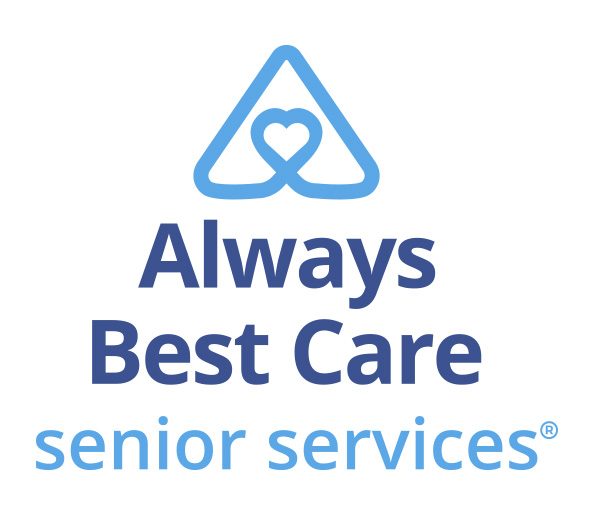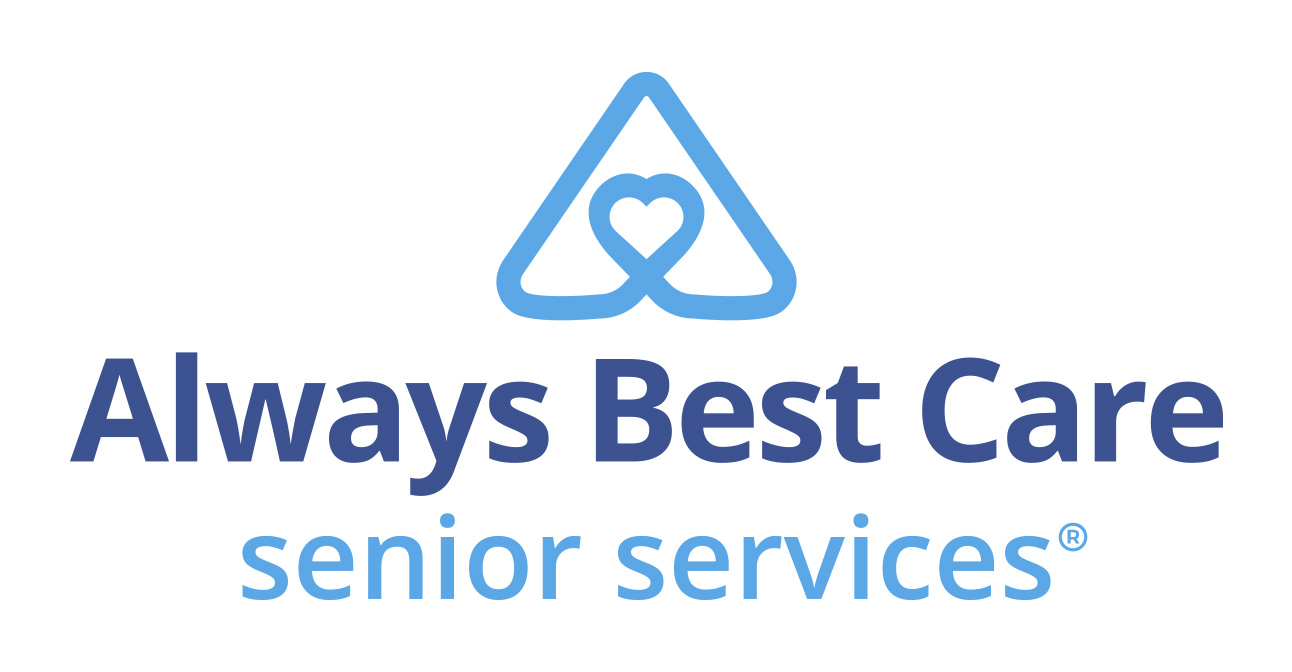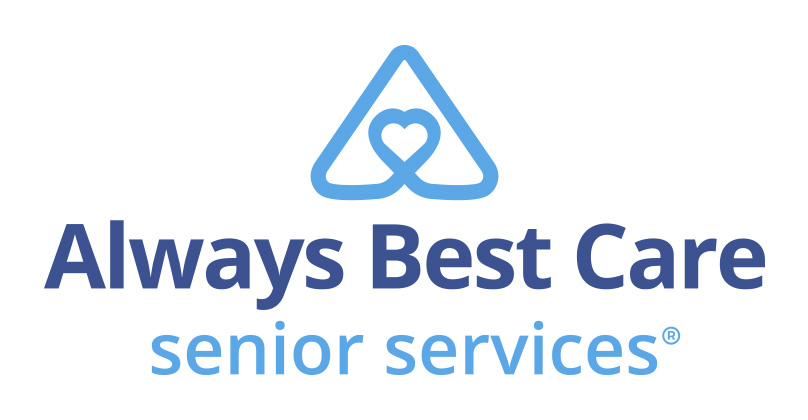 When many people think about aging and the aging process, they assume that depression is a normal, routine part of growing old. While it’s true that many seniors become depressed in their later years, the two things are actually not related. In fact, depression in old age is not normal. Seniors can avoid depression and live rich, fulfilling active lives, but it’s important to know the signs of depression and to participate in some activities that can keep the debilitating condition at bay.
When many people think about aging and the aging process, they assume that depression is a normal, routine part of growing old. While it’s true that many seniors become depressed in their later years, the two things are actually not related. In fact, depression in old age is not normal. Seniors can avoid depression and live rich, fulfilling active lives, but it’s important to know the signs of depression and to participate in some activities that can keep the debilitating condition at bay.
Depression Triggers in Old Age
Causes for depression are difficult to pinpoint, but when you look at some of the common life events for seniors, it’s easy to see how they might be more likely to become depressed.
Seniors are faced with more life changes more frequently than just about any other group of people. They experience the deaths of friends, family members and other loved ones at a higher rate than other age groups, and they are often faced with their own mortality and/or weakness with the diagnoses of diseases and other conditions.
Older individuals are also less likely to participate in the types of activities that can keep depression from becoming an issue. Exercise, travel and other activities are helpful for everyone, but seniors have a harder time staying active. That doesn’t mean it’s impossible for seniors to develop routines that include the types of activities that can keep depression from taking hold.
Seeing the Signs
If you’re caring for a senior loved one, and you’re concerned about depression, it’s important to be able to see and recognize the signs:
– Lack of energy
– Ongoing, continuous sadness or anxiety
– A lack of interest in things that were once joyful
– Problems with sleep
– Changes in diet and/or appetite
– Irritability
– Increased thoughts of death and/or suicide
– Feelings of guilt, shame or hopelessness
– Lack of focus or attention
– Nagging aches and pains
– Extended crying spells
These are not normal signs of aging! These are signs of depression. So if you notice any of them presenting themselves in a loved one, it’s time to seek help.
 Getting Help for Seniors with Depression
Getting Help for Seniors with Depression
Asking for help with depression takes courage, but it’s even more difficult for aging individuals who may have grown up and lived their lives with a heavy stigma surrounding mental illness.
If you care for a senior who may be depressed, the best first step is to discuss your concerns with the individual’s primary health care provider. The doctor will be able to examine the patient and the situation, and they may be able to provide a helpful assessment/treatment combination.
A primary doctor will also be able to refer the patient to specialists in mental health who can provide counseling or advice on medications that may be helpful.
Of course, if you feel as though your loved one’s primary care physician isn’t taking your concerns seriously, you have every right to seek the opinions and guidance of providers who are more willing to address the conditions associated with depression.
Remember: depression is not a normal part of aging!
For More Information
If you’re wondering how you can receive help with an aging loved one who may be depressed, help is available! Always Best Care has been working with seniors and their families since 1996, and we understand how depression can affect the people we care about most. For more information on what our amazing caregivers can do for a senior in your life, call us today at 1 (855) 470-CARE (2273) and learn how to receive your FREE consultation.








